Chinese Dining Etiquette: 15 Rules for Eating in China
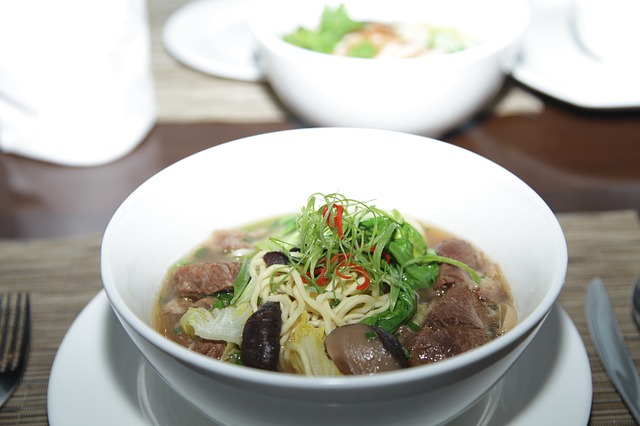
Dining etiquette in China, whether it be a friendly dinner or formal business meeting, is built on strong traditions and whilst it may seem that all you need is to master the use of your chopsticks, it’s important to remember that table manners are more ritualized in the Eastern world with traditions and superstitions still holding strong. Here are some tips to help you survive an authentic Chinese dining.
Chinese Dining Etiquette: 15 Important Rules for Eating in China
1. Dress well and always arrive on time.
A great deal of emphasis is placed on appearances in a formal Chinese dinner. Dressing well will impress your host as it makes your host understand that you feel that dining with them is important and meaningful. I recommend always introducing yourself. You’ll want to begin your first introduction with the most respected person in the room.
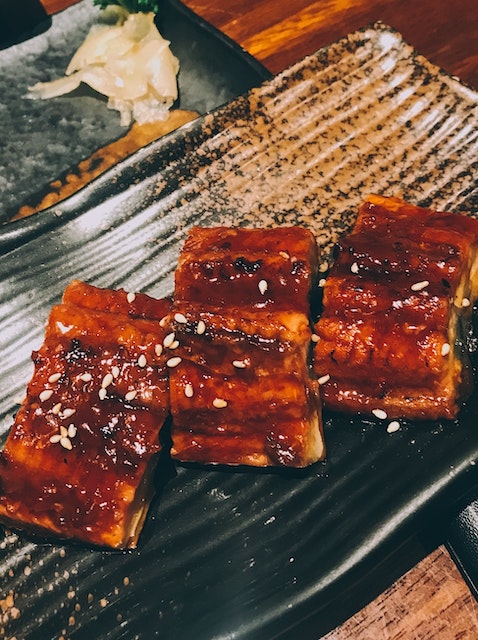
2. Seating arrangements are based on seniority.
The guest of honor will usually sit facing east or away from the entrance, followed by the second most important person and so on. If the guest of honor is not seated, others are not permitted to sit. This may seem different from what you experience at home, but be prepare to follow there is cultural norms.
3. The ordering of food will be taken care of by the host.
Generally, you don’t get much of a say in this. If you do by chance happen to mention that you would like to taste something, you can be assured that your host will look for the best and most expensive variety on the menu. They want you to enjoy your experience with them.
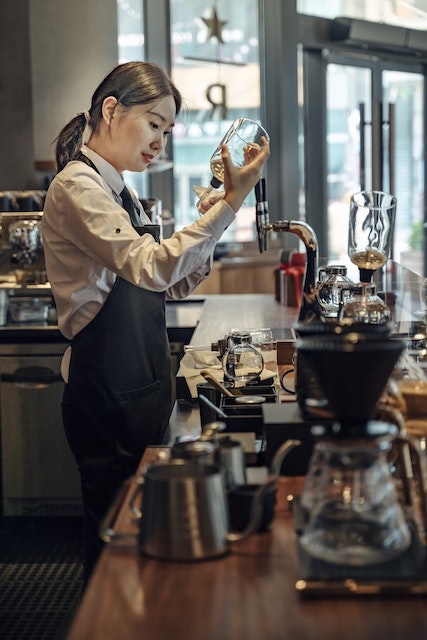
4. On a typical Chinese dining table there is always a cup, bowl and small saucer, together with chopsticks and a soup spoon.
It is customary to wash all of your dishes and utensils with hot water or tea before eating. Pour a little tea in your cup and drain this over your chopsticks, into the bowl. Swirl it around and rinse all your dishes before emptying it out into the larger waste dish which is placed at the center of the table. You’ll see the others doing so, simply follow along.
5. Formal dinners will almost always have a consistent flow of the Chinese national drink, baijiu.
Known for its potent taste, it forms an integral part of any business dinner. Drinking rituals begin with the individual sitting closest to the wine bottle pouring for others from the most honored guests, outwards. Honored guests should not pour wine themselves. Always express sincere thanks when your glass has been filled.
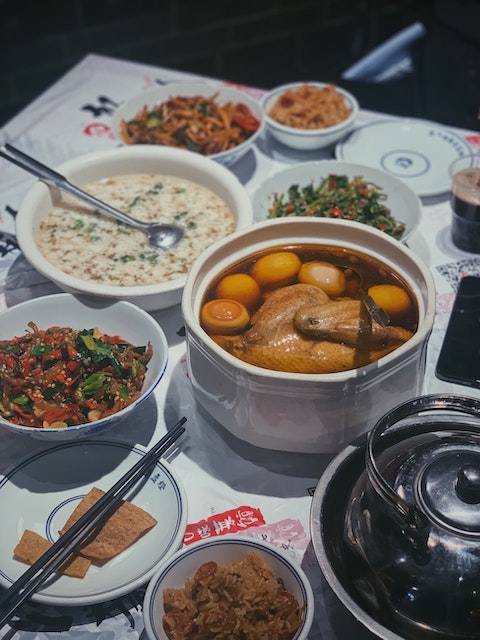
6. If the guest of honor has not started eating, it is considered rude for others to begin.
Wait until the elders have given a signal. You’ll notice when it’s time to eat. Follow along with the rest of your company. I recommend never being the first to dive in.
7. Food is served in big dishes, which are placed in the middle of a rotating table.
Help yourself to the food in front of you and wait, as the table turns so as not to cut someone else off from the other end of the table. Apart from soup, all dishes should be eaten with chopsticks. Never use your fingers.
8. Never use chopsticks to stir food in the serving dishes.
It is considered rude to gesture or point with your chopsticks and they should never be placed vertically as this is considered a bad omen, reminiscent of incense sticks at funerals. It is also considered rude to play excessively with chopsticks.
9. Toasting to health, wealth and prosperity is an integral part of any dinner.
The first toast is made to the honored guest and continues down the order of prominence. Hold your cup or glass with two hands as a sign of respect. When someone toasts to you, stop eating and accept the toast in response. If the person is standing, you should stand as well.
10. Toasting with baijiu is a common act in Chinese business dinners.
You will often hear the words, ‘gambai’ which means ‘drain the glass’. Women are generally not expected to consume alcoholic beverages whilst it is considered rude for men to decline. If you prefer to abstain from alcohol, it’s best to attribute this to health or moral reasons.
11. You should always try everything that is offered to you.
If there are some delicacies that you don’t want to try, serve them to others first. Whilst dishing, if you see something that doesn’t look appetizing, push it to one side and take another helping. Alternatively if you have already been served something that you don’t like, push it aside in your bowl and eat around it.
12. It is common in Chinese culture to slurp and belch whilst drinking and eating.
This is an indication to your host that the food tastes great.
13. The faster you eat, the faster your bowl will be filled so it’s a good idea to leave a little bit of food in your bowl when you are done eating.
Bones are generally placed on the table next to your bowl. Never eat the last piece from the serving dish unless it is offered to you.
14. Compliments throughout the evening are expected and discussion topics will center on family, food, culture and everything other than business.
Controversial topics and business matters will generally be discussed at the very end.
15. Most Chinese restaurants refuse to accept tips so the exact amount is generally paid.
Splitting the bill doesn’t exist in Chinese culture either. If you are the guest of honor, you may offer to pay but understand that you will not be allowed. Don’t question your host too much, but thank them kindly at the end.
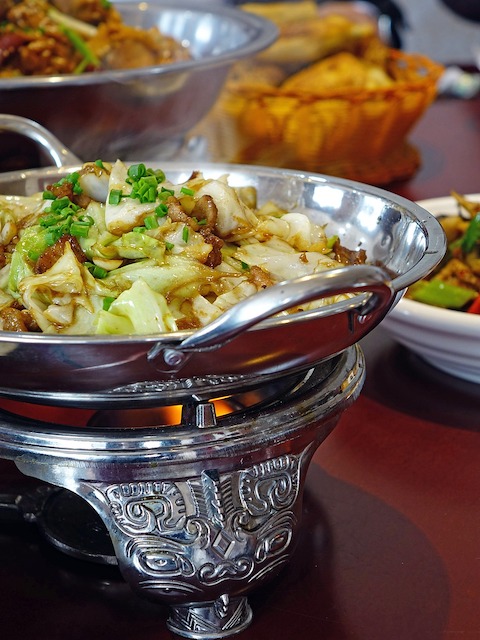
Chinese Dining Etiquette: 15 Rules for Eating in China
Have you traveled to China? Do you have any other rules to add about dining in China? Email us at [email protected] for information about sharing your experience and advice with the Pink Pangea community. We can’t wait to hear from you.
Photo credit for Chinese Dining Etiquette: 15 Rules for Eating in China by unpslash, pixabay and Shalinee N.









This is a quite interesting and informative piece you've shared here. I am glad I came across this blog post and actually I think I will bookmark this blog to get more updates. Thanks for the wonderful article here. You're an incredible writer. Actually, I wrote an article on Toxicwap Movie
I was thinking, that was never going to happen with me and that my skin colour, hopefully, would have signalled to hosts that I was not Chinese and was not taught that this was part of good manners. Also the bones on the table thing, to me, I don’t think that would be done at fine dining Chinese restaurant, in China. You are Chinese. What is the done thing regarding that?
Thank you for stating that a great deal of emphasis is placed on appearances in a formal Chinese dinner. My family and I might be going to Chian for the first time next month, and I want to know the proper etiquette for eating at Chinese restaurants. I will definitely utilize all of your great tips and information if my family does end up going to China.
DO NOT slurp or belch at all. As someone with a Chinese background, I would be practically disowned if I ever did that. It is NOT considered a compliment to the host AT ALL and is seen as impolite and disgusting.
People usually do number 4 because they are afraid that the utensils and dishes are dirty and therefore wash them with tea… This may make the owners of the restaurant ashamed